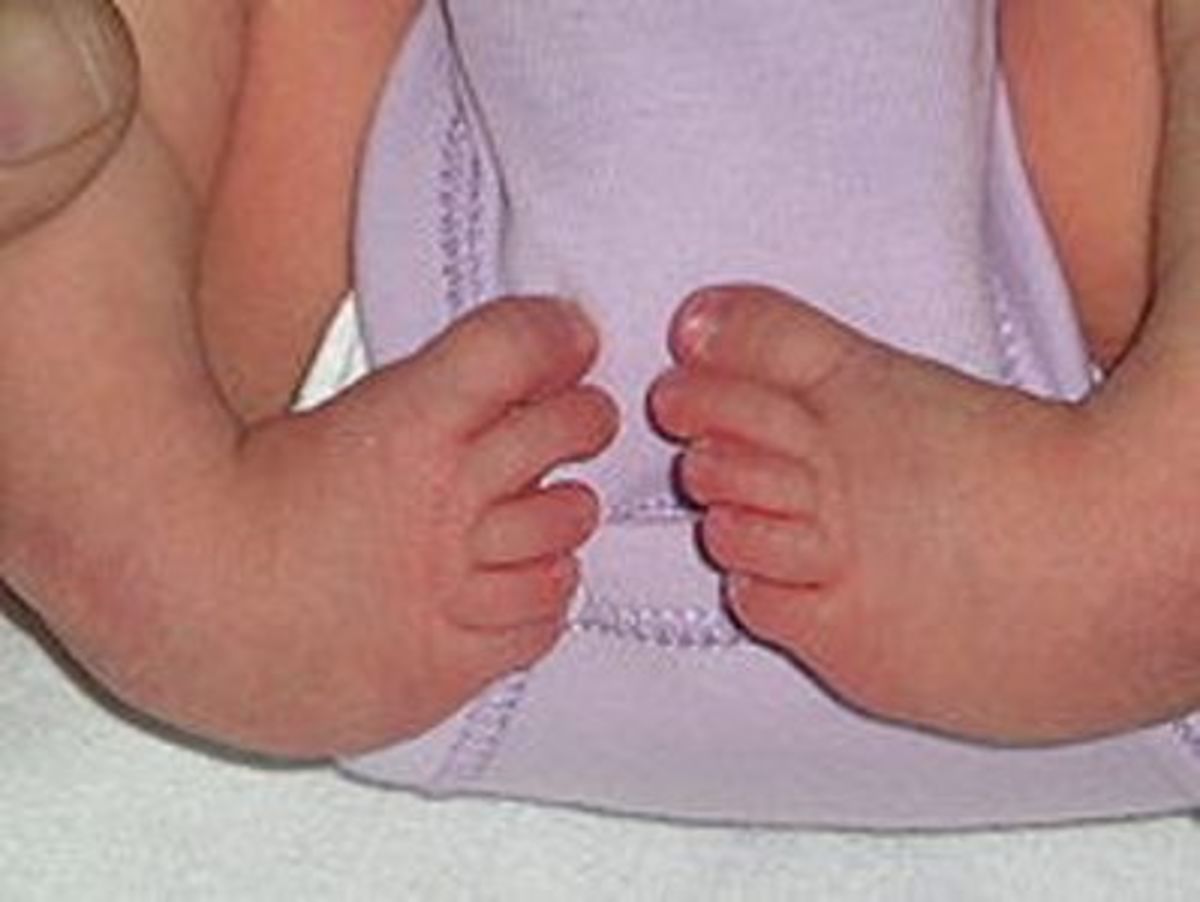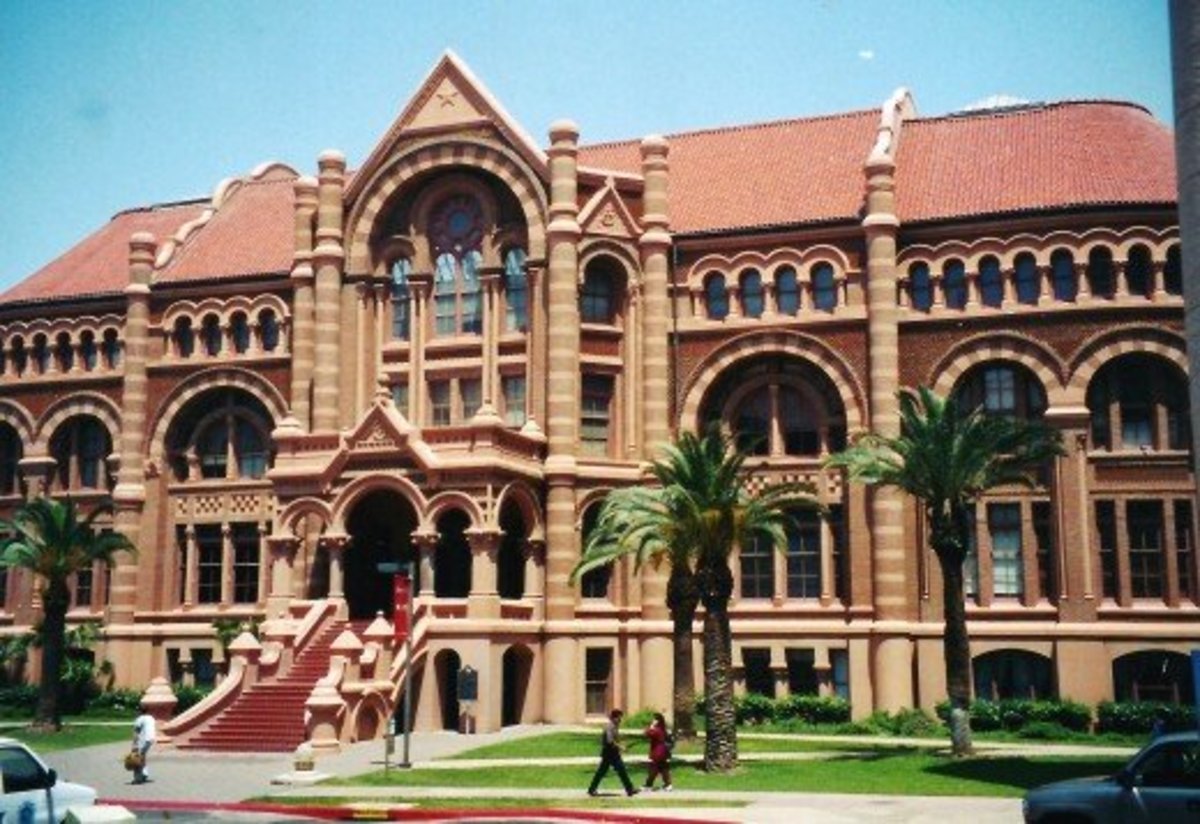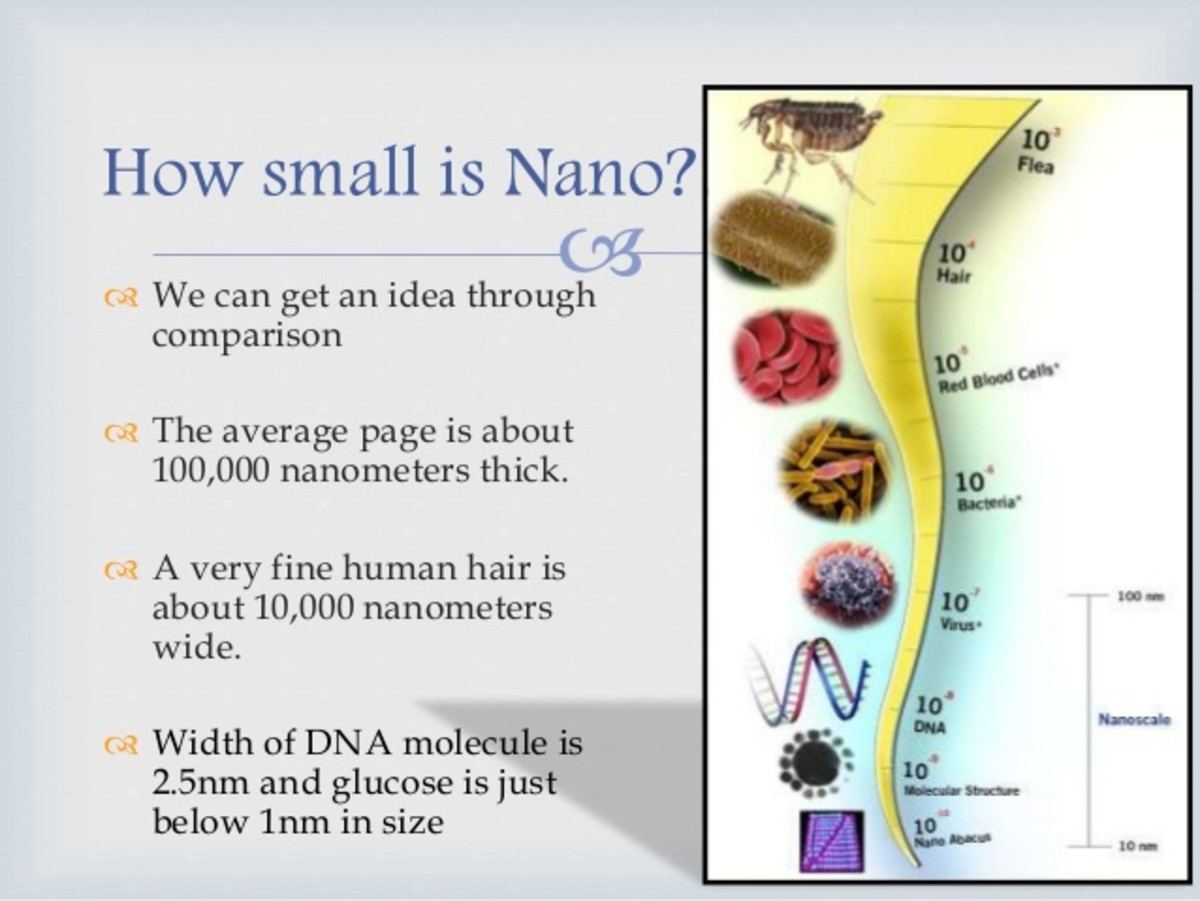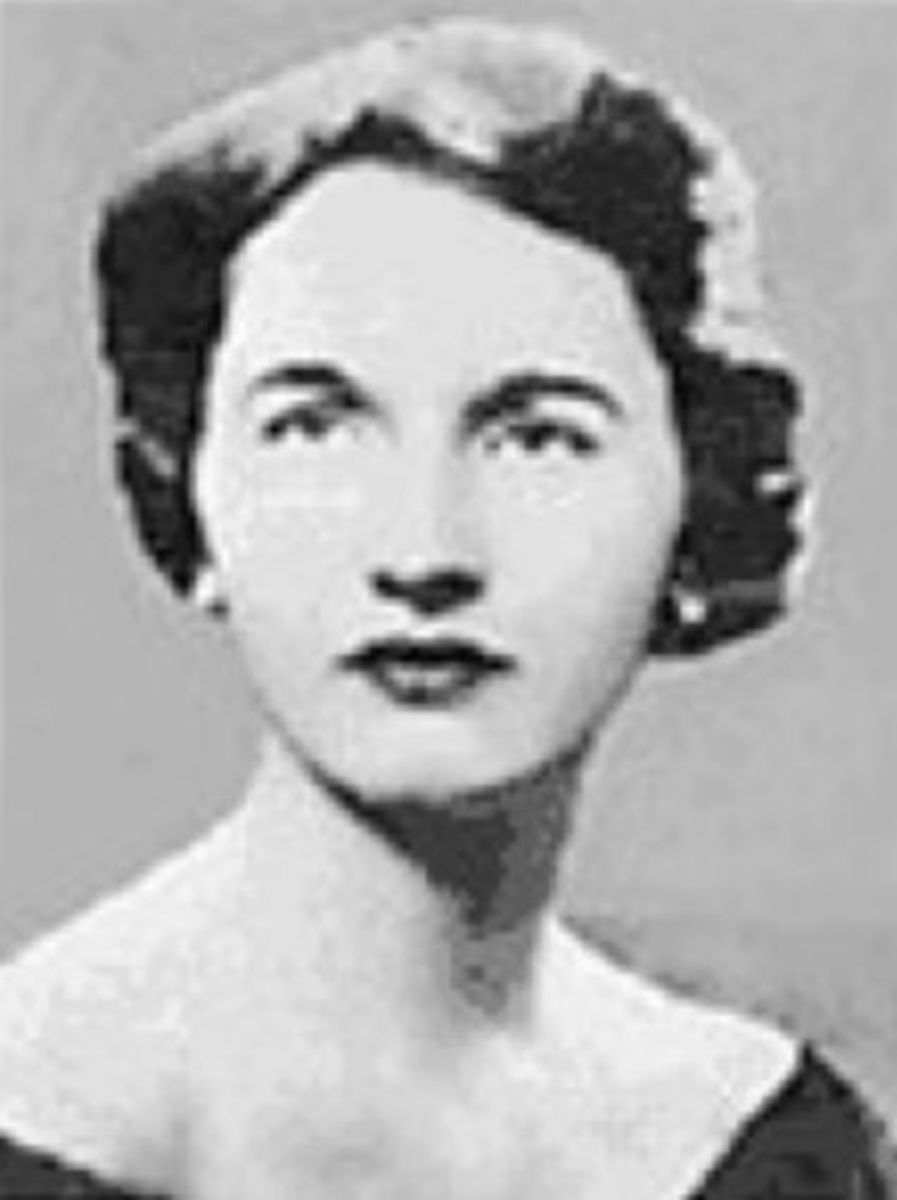Leaving Your Body to Medical Science
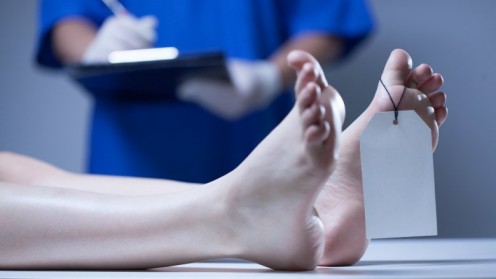
Will you be leaving your body to medical science when the time comes?
Death is something that is going to happen to all of us at some stage. You see advertisements on television every day informing you about funeral arrangements and taking out life insurance to cover the cost of a funeral. But how many people decide to leave their body to medical science? Donating your body to medical science is something that you could consider. When donating your cadaver, a form will be sent to you which you need to fill in sign, and get signed by a witness. A copy is returned to you with a letter of thanks from the medical school/university you are donating to.
Your cadaver (a body used by medical scientists and physicians to study anatomy) is highly valuable to medical schools for a number of reasons:-
- For education and training purposes
- Research
- Anatomical examination
Are all bodies accepted?
No, not all bodies are accepted. For instance, the medical school nearest to me where I shall go when I pass, will not accept bodies if:-
- A post-mortem (autopsy) has been performed on the body, or if the person died due to suicide
- Varicose veins or large bed sores are present
- If the body has severe peripheral vascular disease
- An artificial stoma is in the body (colostomy, gastrostomy etc)
- If there is severe swelling of the limbs due to fluid retention
- If the person has had a history of HIV, Aids, Sepsis or any other transmittable disease.
- Obesity - this would be due to transportation of the body
- If there has been an amputation of 1 or more of the limbs
- Recent chemotherapy treatment.
As they mention in the video below, you have to be in perfect health. But dead. It is, therefore, important to read the small print before you decide what you want to do. If your cadaver is not accepted for whatever reason, it will be down to your estate or relatives to arrange a funeral.
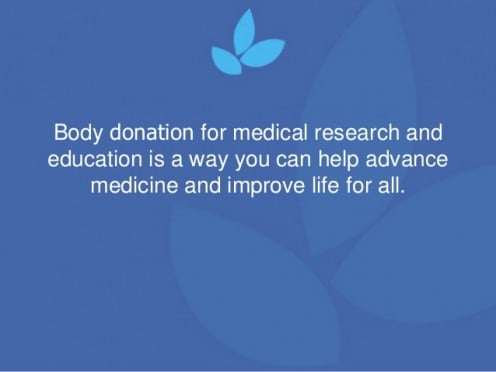
Important information you need to know
If you decide to donate your cadaver to medical science, it is important to inform your family and/or next of kin of your decision. As there will be no funeral as such, if your cadaver is accepted of course, some people may find this very difficult to come to terms with. Under the Anatomy Act a cadaver can be held for up to 3 years, by which time the remains must be disposed of, for want of a better word. Once they have finished, a small committal is usually held as a way of saying thankyou. In my personal experience, they have informed me that my ashes will be spread in nearby woodland. It is best to research the institute your cadaver will be held as to their procedures on cremation, as some will inform the family, and some won't. If you, or your family, prefer to have a burial, then that would be down to you and/or your family to arrange this.
To donate your body, you must be at least 18 years of age in the UK, and be of sound mind. Only you can make the decision to donate your body to science - no one else can do this on your behalf. Once you have the paperwork back from the medical institute, keep it in a safe place and let your nearest and dearest know where it is kept. A body cannot be accepted without a signed death certificate.
There is a lot to think about when you go down this road. Body donation is certainly very different from donating your organs. But, it is interesting to learn as I was researching this that you could also decide to donate your brain and tissues if you so wish.
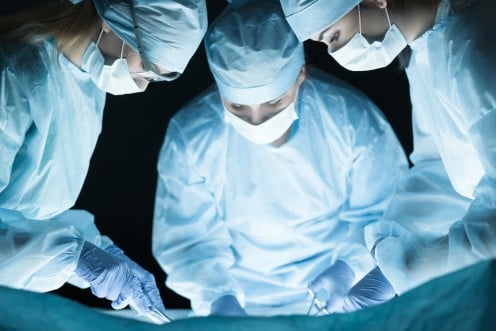
Who to inform once the decision is made
Leaving your body to science is something you need to think about, and discuss with your family and friends. One of the other people you need to inform if you are going down this route is your Doctor. I went into my local surgery to inform them of this. Then a few days later I received a phone call from them asking me if I could bring in the form for them to scan onto their computer, which I did. On the bequest form you will be asked whether you want your family to be informed when they scatter your ashes. Or you could choose for your relative or another person to make the cremation/burial arrangements.
Bequeathing your body to medical science can be a difficult decision to make for some people, but for others, it can be simple. I did think long and hard about this and I have let the relevant people know, like my family and doctor. Going down this road is not for everyone. Some people will agree with this, and others will not. But when you think of medical advances and your cadaver will help medical students, I feel bequeathing your body to medical science is worthwhile thing to do.
What happens when you donate your body?
Links
- The University of East Anglia - Anatomy Suite
This will give you important information on body donation and what the next steps are.
© 2018 Louise Powles

